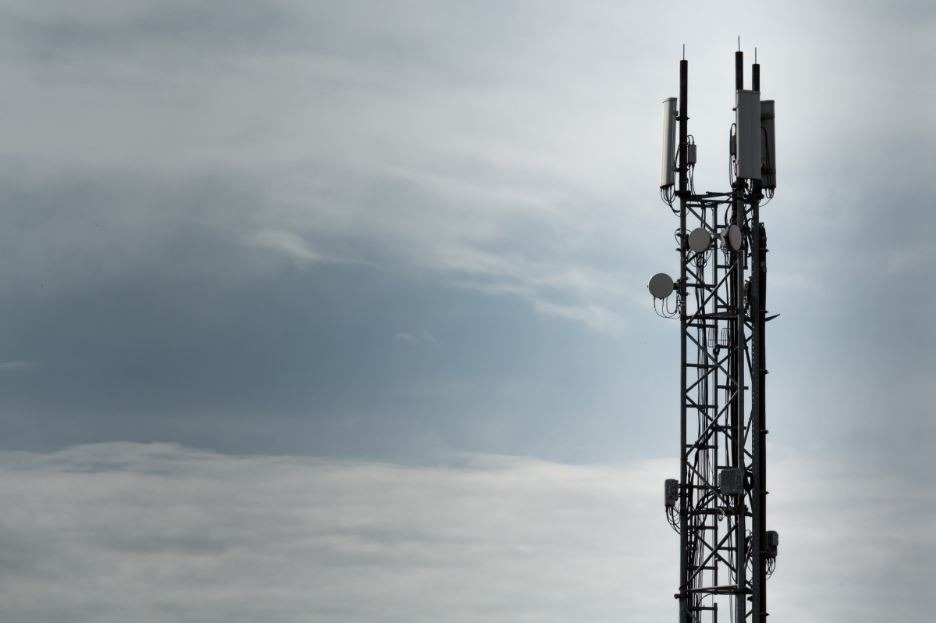The ‘internet of things’, in which daily objects will be connected to the internet, needs 5G. Self-driving cars that communicate to prevent traffic jams and accidents, interactive and hyper-individual games and television experiences, companies that work with big data or modern technologies like artificial intelligence, it all needs 5G.
"The 5G network is too important to let pass just because of a simple money issue. Companies are going to go to our neighbouring countries with their new technologies and we're going to miss the boat completely. It's our whole future at stake, all because we can't agree on how the money will be distributed,” said Minister of Telecommunications Philippe De Backer (Open VLD).
He refers to the different governments in Belgium, and how they cannot agree on the distribution of the money, estimated at 500 million euros, that will come from the auction of the new network. Belgium has six governments that all have a say in the distribution. The auction has to appoint radio frequencies to the different telecom operators.
An additional problem is that the current government does not seem willing to commit to any decisions so close to the elections of May 26. However, the general interest of a rolled out 5G network is more important than any political party or federal interests, according to the minister of Telecommunication.Geen akkoord over 5G. Ordinaire centenkwestie vanuit regio’s blokkeert economische toekomst van ons land. Bijzonder jammer en kortzichtig. Grote rem op nieuwe diensten voor consument, innovatie door start-ups en nieuwe oplossingen industrie. Zeer teleurgesteld!
— Philippe De Backer (@debackerphil) February 6, 2019
"When it became clear that the governments were not going to reach an agreement anytime soon, I proposed to at least have the auction already. We could set everything up now, so that, after May 26, the new government would have a ready-made package to start on. But that was not met with cheers or applause either," he said.
This rejection means the auction will be an issue for after the elections. “It will be a year after that auction before the first 5G antennas will be up and functioning,” said Serge Vandriessche, Benelux director of mobile Samsung Electronics. “Then it will take another year before 70% of the country will be able to use this communication technology. Another year before 95% of all Belgians will be able to use it. We’re already in 2023 now. This decision has to be made as soon as possible."
The longer it is postponed, the more it will hurt when the network is finally ready, but all companies are settled elsewhere already, according to De Backer. Belgium’s high digital ranking (6th fastest 4G network in the world) will drop, and companies will choose to settle in countries that already have a functioning 5G infrastructure, he added.
"There are already 5G networks in the USA, and they're making good progress in Germany. If it keeps going like this, we're not going to be able to follow at all. By the time we've caught up, we would already be years in the future,” elaborates De Backer. “I’m afraid that holding the auction in 2020 is the most optimistic scenario.”
Maïthé Chini
The Brussels Times

